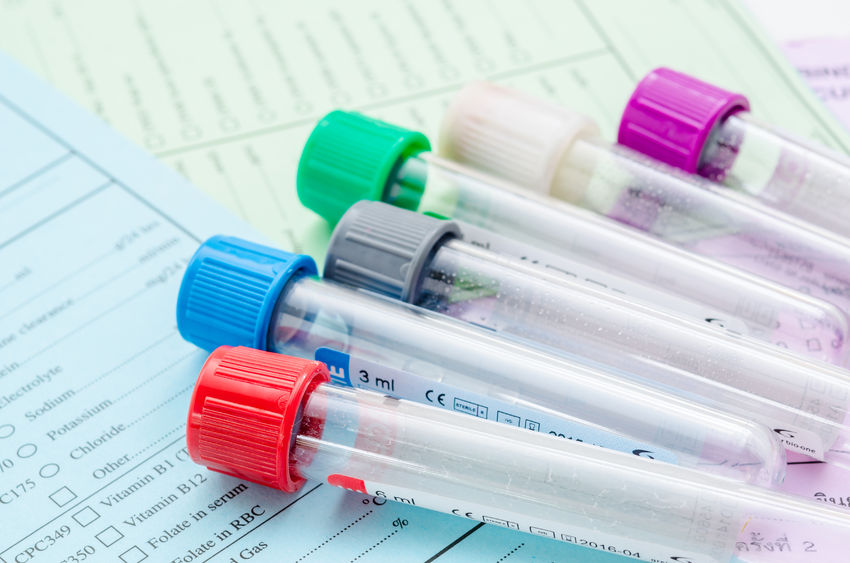
Calcitonin Chemiluminescent Immunoassay Blood
What is this test?
Calcitonin concentration is increased in patients with medullary thyroid carcinoma. Calcitonin concentrations may be used to monitor disease. Calcitonin is a polypeptide hormone secreted by the parafollicular cells also referred to as calcitonin cells or C cells of the thyroid gland. The main action of calcitonin is the inhibition of bone resorption by regulating the number and activity of osteoclasts. Calcitonin is secreted in direct response to serum hypercalcemia and may prevent large oscillations in serum calcium levels and excessive loss of body calcium. However, in comparison to parathyroid hormone and 1,25-dihydroxyvitamin D, the role of calcitonin in the regulation of serum calcium in humans is minor. Measurements of serum calcitonin levels are, therefore, not useful in the diagnosis of disorders of calcium homeostasis. Serum calcitonin concentrations are high in infants, decline rapidly, and are relatively stable from childhood through adult life. In general, calcitonin serum concentrations are higher in men than in women due to the larger C-cell mass in men. Serum calcitonin concentrations may be increased in patients with chronic renal failure, and other conditions such as hyperparathyroidism, leukemic and myeloproliferative disorders, Zollinger-Ellison syndrome, autoimmune thyroiditis, small cell and large cell lung cancers, breast and prostate cancer, mastocytosis, and various neuroendocrine tumors, in particular, islet cell tumors.
Also known as Calcitonin Chemiluminescent Immunoassay.
Test Preparation
No special preparation is needed for Calcitonin Chemiluminescent Immunoassay Blood. Inform your doctor if you are on any medications or have any underlying medical conditions or allergies before undergoing Calcitonin Chemiluminescent Immunoassay Blood. Your doctor depending on your condition will give specific instructions.
Understanding your test results
| Gender | Age groups | Value |
| UNISEX | All age groups | < 10 pg/ml |

